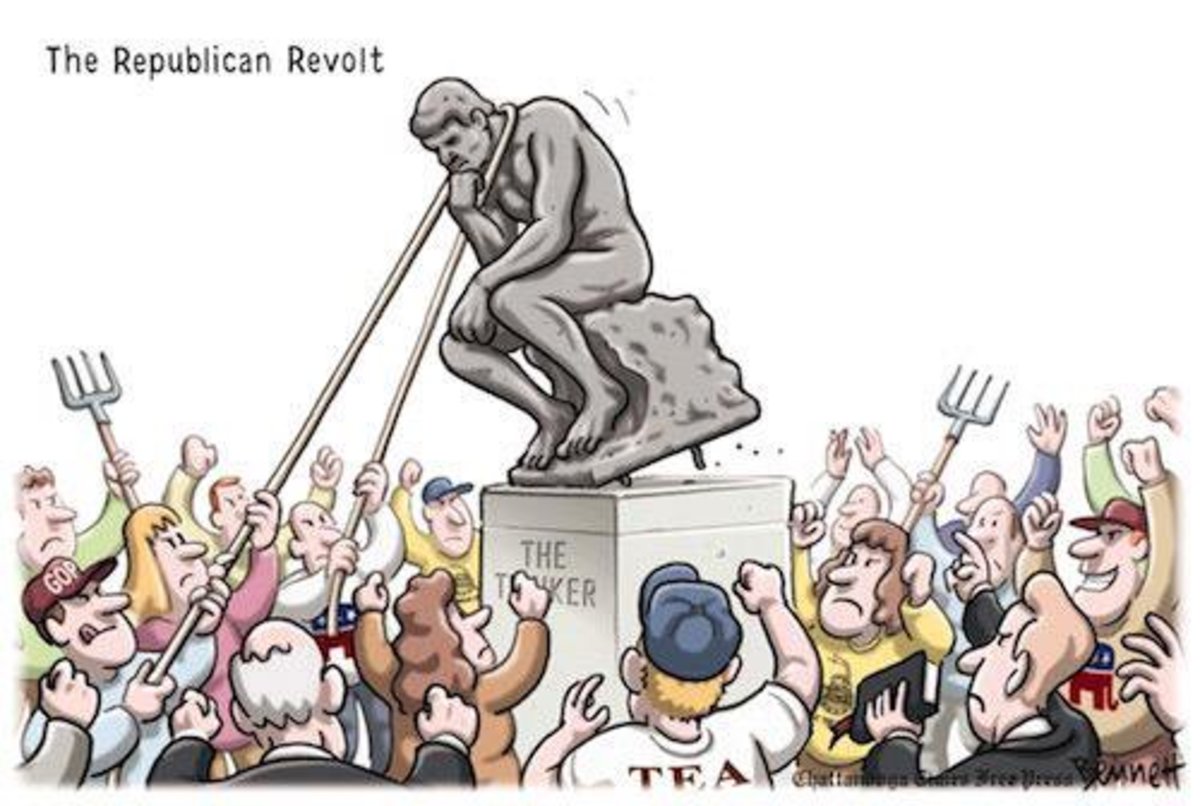American Views on the ACLU



American Civil Liberties Union
Regardless of how you feel about the American Civil Liberties Union (ACLU) it isn't planning to go anywhere. It‘s a non-profit organization providing legal aid to people whose cases fall under its guide lines. It has also been one of the most active and controversial organizations of the past 80 years. And whether or not people agree with the organizations’ policies, their actions have prompted many Americans to take a closer look at the U.S. Constitution.
The mission of the ACLU is to preserve the following: First Amendment rights, meaning freedom of speech, association and assembly; Freedom of the press and freedom of religion supported by strict separation of church and state and right to equal protection under the law, regardless of race, sex, religion or national origin. Other goals of the ACLU are to ensure the right to due process; right to privacy, translated as unwarranted government intrusion into your personal and private affairs. Their website sports a logo reading “Because Freedom Can’t Protect Itself.”
They also claim they help extend protection to segments of our society which has, by and large, been denied their rights. These groups include such people as, Native Americans and other minorities; homosexuals, bisexuals and transgendered people; women; mental-health patients; prisoners; handicapped and poor.


A Noble Cause...
A noble cause if there ever was one and it looks real nice on paper too. However, ACLU should take notice we live in a world far from being perfect and like it or not people are going to be treated unfairly from time to time. Many feel they are overstepping their bounds with frivolous lawsuits, especially in the arena of religious freedoms. Some are even of the opinion, as in affirmative action and “reverse discrimination,” it has become a kind of “reverse freedom.”
The beginning of the ACLU actually started in 1915 with the anti-militarism movement during the First World War. Some Americans were against Americas’ involvement in the war and also a mandatory draft. A group of objectors decided to form theAmerican Union Against Militarism (AUAM) in New York in that year.
However, anyone opposing the war then was seen as un-patriotic. President Woodrow Wilson said, "the authority to exercise censorship is absolutely necessary to the public safety" during war time. And President Theodore Roosevelt called anti-war protestors "enemies at home." Many of the dissidents were Marxists, anarchists and immigrants, which didn't help their cause any.
Since those early days the ACLU has grown to more than 400,000 members and handles around 6,000 court cases each year. Even so, the ACLU and controversy are no strangers. It has often come under siege from conservatives and the government. But its defense of religious figures, neo-Nazis and like groups has subjected them to criticism from liberals as well.


Defense of Liberty
The defense of liberty would seem to be a given…so why all the controversy? Basically, it’s because they believe in an all inclusive and absolute view of liberties…they defend anybody whose liberties have been violated, even if their views, opinions or actions are objectionable to others. Therefore, they wind up defending Nazis, pornographers, religious radicals and extremists of all genres.
For example, the right of a Nazi group to freely assembly is just as important as a Native Americans'. Allowing the government to restrict any group's freedoms would eventually result in restrictions on other groups.
Of course, this concept attracts friendly fire from both the left and the right. The United States already draws a line between speech protected by the First Amendment and unprotected speech: child pornography, for example, is not.
The ACLU has worked on a variety of popular and unpopular issues such as supporting labor unions, combating military propaganda in schools and ensuring the rights of African Americans in a time before the Civil Rights movements.
Some court cases have actually ended up before the Supreme Court. Those that did are among the most famous, and important, in our country’s history. For instance,West Virginia State Board Of Education v. Barnette, in 1943. A school board expelled 2,000 Jehovah's Witnesses for refusing to recite the Pledge of Allegiance. Their religion forbade them from worshipping images, including the American flag. The students won their case because the Supreme Court decided no official could force anyone to declare his or her belief in any religion or nation.
Although that case may have been seen by many as a landmark religious victory, others have gone to an extreme opposite direction. Engel vs. Vitale, 1962, was one of several cases establishing prayer and Bible reading couldn't be conducted in public schools by school officials, even if done voluntarily.
The aforementioned case involving Jehovah’s Witnesses was one where the decision most thought was a correct one. But other situations haven’t fared as well, at least in the eyes of the majority. A case in point is Engel vs. Vitale involving prayer and bible reading in public schools. They’ve taken up the flag of a few who feel offended by having to tolerate others who want to freely practice their religion, which seems to be a significant number, and apparently ignored their rights.
Many of the organizations cases were extremely volatile at the time of litigation. But some of them forged huge splits in individual opinions of the American public and even divisions within itself. Such was the case in the 1930s and 40s, when they simultaneously litigated the rights of blacks on behalf of the NAACP and the Klu Klux Klan to hold rallies calling for the abolition of those rights. The ACLU's decision to defend anyone's rights was satirized by a humor publication, “The Onion,” in an article titled "ACLU Defends Nazis' Right to Burn Down ACLU Headquarters."
One of the ACLU's most infamous cases was the Skokie Free-speech Controversy of 1977. The National Socialist Party of America, a small group of neo-Nazis in Chicago, applied for permission to hold a demonstration in Skokie, IL, Skokie which had a large Jewish community and a large number of Holocaust survivors.
Town authorities pointed out a law requiring a $350,000 insurance bond before they could demonstrate. The refusal turned into a free speech issue, with the Neo-Nazis claiming their right to assemble was being denied.
The Skokie Free-speech Controversy was portrayed in several books and movies.After many appeals, the Illinois Appellate Court caved and declared demonstration, speech and displaying a swastika were forms of political speech protected by the First Amendment. The court overturned the insurance ruling because the cost of such an insurance policy meant that anyone without the funds couldn’t demonstrate. But after all the fuss, Nazis never demonstrated in Skokie, even though they received a permit to do so.
The case was a milestone stating the government can’t control free speech based on content itself. The ACLU had held to their code, defending civil liberties of even the most detestable groups.
Many religious groups oppose the ACLU because they strive to maintain separation of church and state. This stirs up fervent emotions annually around the Christmas holidays when they attack religious displays and nativity scenes on government property.
The organizations’ collection of attorneys' fees also enrages some. If a case is won by one if its attorneys, it can sue for recovery of fees. Some government officials and agencies are not required to, but not all. These fees can be very expensive, reaching six figures. Some see this as a case of tax-payer dollars indirectly funding the ACLU.
You can love them or hate them. Either way, they aren’t going anywhere.










